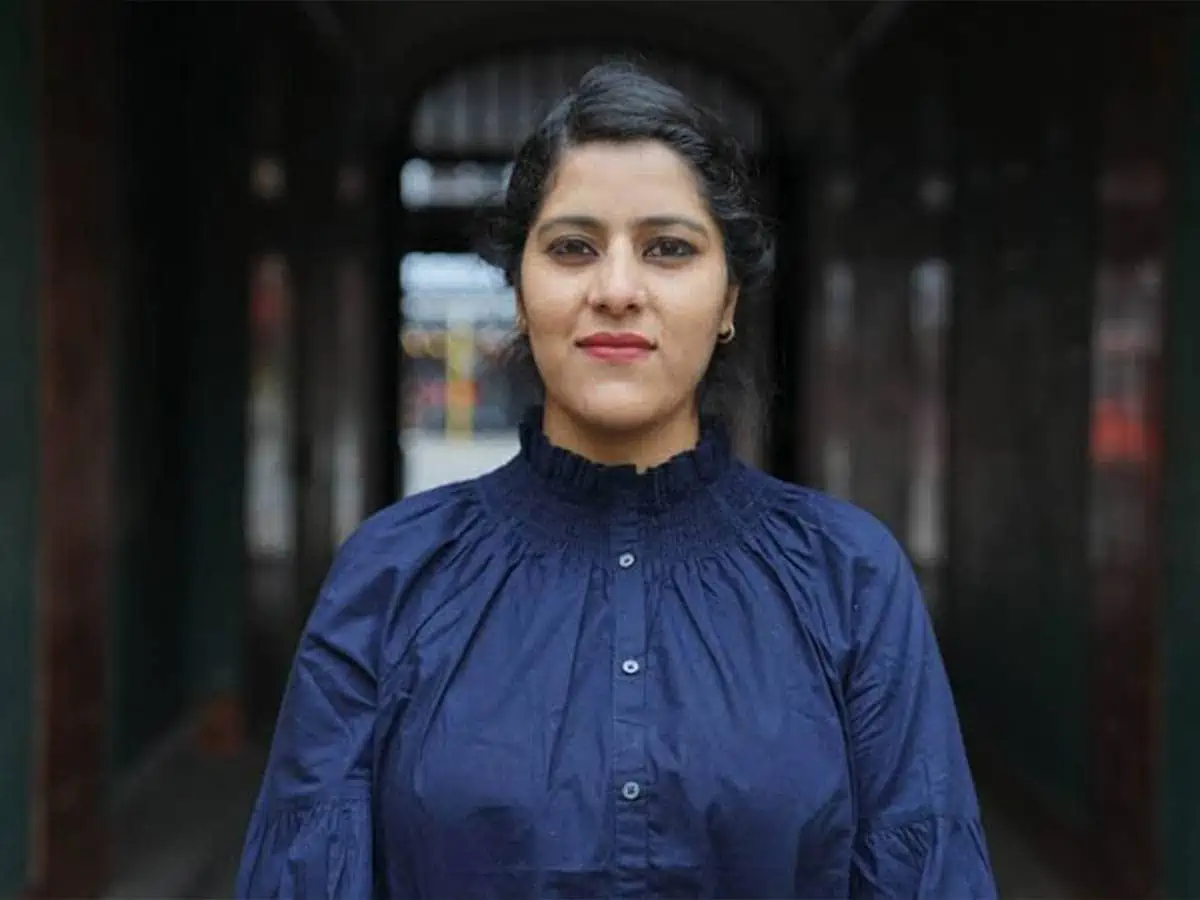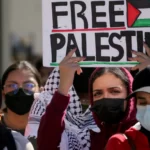Safina Nabi, an independent journalist based in Srinagar, was one of the three recipients of the ‘Journalism for Peace’ award announced by the MIT-World Peace University (MIT-WPU) for her report on the impact of the abrogation of Article 370 on women in Kashmir.
The award ceremony was scheduled to be held on October 18, 2023, at the institute’s campus. However, Nabi said she received a call from a faculty member of the institute on October 16, informing her that the award for her had been cancelled due to “political pressure and threats from different political groups”.
“I was shocked and hurt. I had given my consent for the award after verifying the credibility of the institute and the jury. I had also booked my flight tickets and accommodation in Pune. But two days before the event, they told me that they cannot give me the award because of some political issues,” Nabi told BBC News.
Nabi has been a journalist for eight years and has worked with several media outlets in India. The revocation of Nabi’s award highlights the challenges being faced by journalists in India, particularly those who report on sensitive issues such as human rights violations and political corruption.
Journalists who report on such issues are often subjected to harassment, intimidation, and violence. The revocation of Nabi’s award is a clear example of how journalists who report on sensitive issues are targeted by those in power.
The revocation of Nabi’s award has also raised questions about academic freedom in Indian Universities which are supposed to be spaces where ideas can be freely exchanged and debated.
Nabi said she asked the institute to send her an official email explaining the reason for the cancellation, but they refused to do so. She also contacted the director of the Department of Media and Communication at MIT-WPU, Dhiraj Singh, who confirmed the same information over phone.
“He said they were facing a lot of pressure from some political parties and groups who were opposed to giving an award to a Kashmiri journalist. He said they were afraid of violence and protests at the campus. He also said they were sorry for the inconvenience and would invite me to another event as a guest of honour and speaker,” Nabi said.
she felt humiliated and betrayed by the institute’s decision. She also reached out to one of the jury members, who expressed shock and ignorance about the matter. The jury members then decided to boycott the event in protest.
The other two awardees, Tora Agarwala and Sonal Pateria, also expressed solidarity with Nabi and condemned the institute’s action. Agarwala, who works for The Indian Express, said she was appalled by the “blatant disregard for journalistic ethics and values” shown by MIT-WPU. Pateria, who works for The Wire, said she was “deeply disturbed” by the “unjust and arbitrary” treatment meted out to Nabi.
The MIT-WPU, in its statement issued on October 17, cited a “communication gap” in the entire episode and stated that it had not cancelled the award for Nabi, but only postponed it due to “some unavoidable circumstances”. It also stated that it was considering inviting Nabi to ‘Bhartiya Chhatra Sansad’, an annual event organised by it.
University’s Response
In an official statement emailed to Scroll, the Maharashtra Institute of Technology-World Peace University said “no external political or non-political pressure has been exerted to rescind the award granted to Ms Nabi”.
The university said it anticipated that the award may lead to “unwelcome controversies”. “We wish to express our deep appreciation for Nabi’s substantial contributions to the field of journalism,” the statement said. “Nevertheless, we have been made aware of some of her published opinions and views, which have the potential to be viewed as contentious…Without taking a stance of either endorsing or renouncing her expressed views, we anticipated that presenting her with an award at this time could have given rise to unwelcome controversies.”
Nabi responds to the statement saying she was not seeking any apology or explanation from the university, as she did not consider them worthy of giving her an award in the first place. She said that she was more concerned about the academic freedom and autonomy of the university, which had succumbed to the pressure from the right-wing groups.
“I don’t need their award or recognition. I stand by my work and my conscience. I consider their cancellation of the award a badge of honour and a validation of my work. It shows that my work has touched a nerve and challenged their propaganda,” she said.
“I don’t want any award from an institute that does not respect journalists and their work. I don’t want any award from an institute that succumbs to political pressure and compromises its integrity,” she said.
“I am proud of being a Kashmiri journalist. I am proud of being a woman journalist. No one can take away that pride from me,” she added further.
























